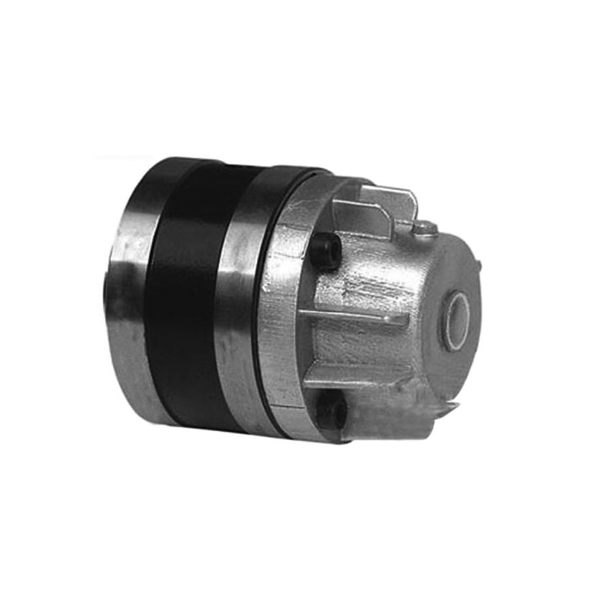Sep . 19, 2024 19:24 Back to list
12v dc motor bearings
Understanding Bearings in 12V DC Motors
When it comes to the operation and performance of 12V DC motors, bearings play an essential role that is often overlooked. Bearings are critical components that support the motor shaft, allowing it to rotate smoothly and efficiently. Understanding their function and importance can help improve the performance and longevity of your motor setup.
What Are Bearings?
Bearings are mechanical elements that reduce friction between moving parts. They allow for controlled motion and support various loads. In a 12V DC motor, bearings are typically situated at both ends of the rotor shaft. This positioning allows them to manage the radial and axial loads that occur during operation.
Types of Bearings
There are several types of bearings that can be used in 12V DC motors, with the most common ones being
1. Ball Bearings These bearings use balls to facilitate smooth rotation. They are versatile and can handle both radial and axial loads, making them suitable for many applications.
2. Sleeve Bearings Also known as bushings, sleeve bearings are simpler than ball bearings and consist of a cylindrical sleeve that the rotor shaft rotates within. They are generally used in applications where noise reduction is crucial, but they may have higher friction compared to ball bearings.
3. Magnetic Bearings These are advanced bearings that support the rotor using magnetic fields. While they are more expensive and complex, they provide nearly frictionless operation, resulting in higher efficiency.
12v dc motor bearings

Importance of Quality Bearings
The quality of bearings directly influences the performance of a 12V DC motor. High-quality bearings reduce friction, leading to less heat generation and energy loss. This efficiency improves overall motor performance, allowing for faster speeds and better power output. Moreover, reliable bearings can significantly enhance the lifespan of the motor by minimizing wear and tear.
Factors to Consider When Choosing Bearings
When selecting bearings for your 12V DC motor, consider the following factors
1. Load Capacity Ensure the bearings can handle the anticipated loads without failure. 2. Speed Ratings Verify that the bearings can operate efficiently at the motor's rated speeds.
3. Material Choose materials that can withstand the environmental conditions your motor will face, including temperature variations and exposure to contaminants.
4. Maintenance Some bearings require lubrication, while others are sealed or pre-lubricated for life. Choose according to your ability and willingness to perform maintenance.
Conclusion
Bearings are a vital component of 12V DC motors, influencing their performance, efficiency, and lifetime. By understanding the types of bearings available, their importance, and how to choose the right ones, engineers and hobbyists alike can make informed decisions that enhance their motor applications. Investing time and resources into selecting quality bearings will ultimately lead to more reliable motor performance and satisfaction in your projects. Whether you are involved in robotics, automotive applications, or any other field utilizing 12V DC motors, recognizing the role of bearings can make a significant difference.
Latest news
-
25MM 2 BOLT UCFLX05-14 Flange bearing unit( oval)
NewsMar.07,2025
-
4 bolt UCF 200 series Pillow block bearings
NewsMar.07,2025
-
25MM 2 BOLT UCFLX05-14 Flange bearing unit( oval)
NewsMar.07,2025
-
UCF216-50 4-Bolt Flange Housing Square Bearing
NewsMar.07,2025
-
25MM 2 BOLT UCFLX05-14 Flange bearing unit( oval)
NewsMar.07,2025
-
spherical roller bearing material exporter
NewsMar.07,2025





